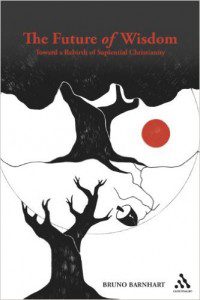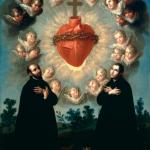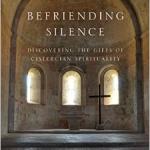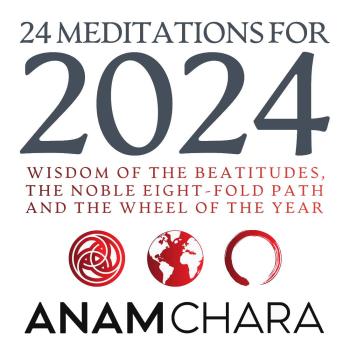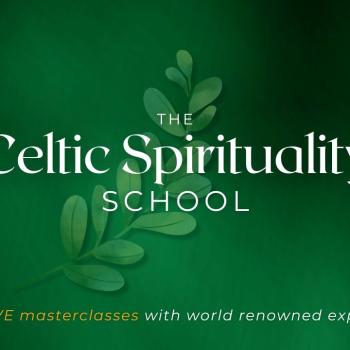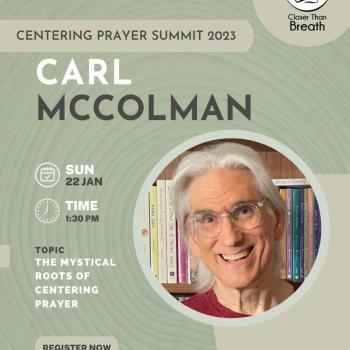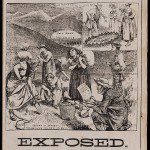Bruno Barnhart died on November 28, the birthday of William Blake.
I never met the man (if you’d like to read a remembrance from someone who knew him well, see Cynthia Bourgeault’s eulogy), but I’ve been familiar with his work for many years now, and am sad to learn of his passing.
I am currently working on a book profiling the 100 most significant contemplative writers past and present — and I’ve written a profile for Barnhart, which may be in the final book. But now with his passing, it seems fitting to post this to my blog…
Bruno Barnhart (1931-2015) was a monk of the New Camaldoli Hermitage in Big Sur, CA. Camaldolese monks follow the rule of Saint Benedict, only with a greater emphasis on solitude than is typically found among other Benedictines. Fr. Bruno wrote several books, all dedicated to the reclamation of “Sapiential Christianity,” which is to say, Christianity as a wisdom tradition (which, in essence, is mysticism by another name). His books include The Good Wine: Reading John from the Center (a commentary on the Gospel of John), Second Simplicity: The Inner Shape of Christianity, and The Future of Wisdom.
Nonduality, or unitive reality, are themes at the heart of the Sapiential tradition, so not surprisingly they are prominent in Fr. Bruno’s writings. “Unitive reality lives at the heart of the Western spiritual traditions, but it has rarely been expressed there with the directness and purity with which we find it in the Hindu and Buddhist literature,”1 he admits. Still, the heart of Christian contemplation is “an awakening of pure consciousness, an unconditioned illumination and realization of the core of the Person, the point of a primordial oneness with God.”2 Barnhart also acknowledges that the heart of mystical Christianity is divinization, or deification: “the union of God with the human person that brings about a divine humanity.”3 How is such wisdom realized? “Silent meditation is one of the most direct ways… downward into the ground and inward to the center. Still we are in the realm of metaphor; we cannot speak directly of this reality of the Source.”4 Silence, the heart of contemplation, is our portal into wisdom, but even deeper than that, it is the means by which we encounter the God who is not “other” than us. Barnhart points out that this mystical wisdom is not some novel notion imported into Christianity from the east, but is grounded in the Bible itself. “The New Testament is anything but an abstract textbook treatise on unitive reality or knowledge; it is an initiation into unitive experience, into contemplation.”5
Rest in peace, Father Bruno. May light perpetual shine upon you.
Enjoy reading this blog?
Click here to become a patron.
This has been a challenging year in terms of contemplative and contemplative-friendly authors passing. Marcus Borg, Kenneth Leech, Phyllis Tickle, and now Bruno Barnhart. Those of us who are mid-life (or younger) walkers on the contemplative path need to cherish our elders — praise them and tell them we love them — and drink deeply from their wisdom while we can. Everyone heads to their next assignment sooner or later.
1 Second Simplicity, p. 17.
2 ibid., p. 18.
3 ibid., p. 237.
4 ibid., p. 16.
5 ibid., p. 36.


